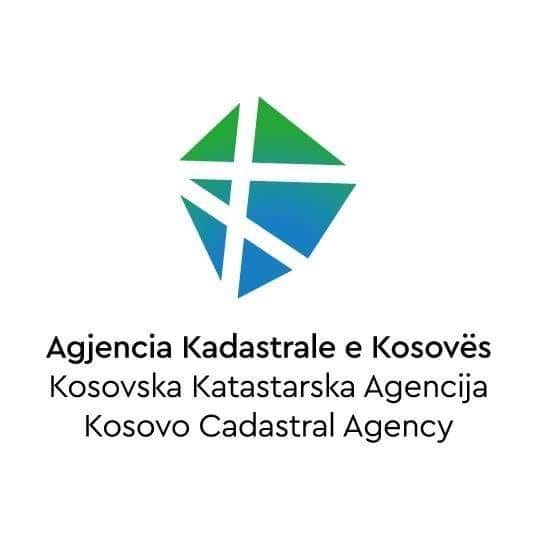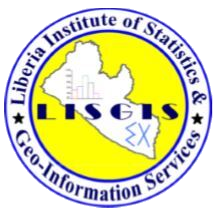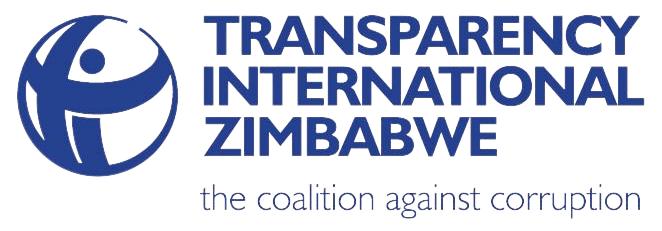AFR: From pilots to nationwide registration of land: Lessons learned for future land operations (EN)
Launch of the Open Data Champions Initiative
We are excited to announce the launch of the Open Data Champions Initiative, an effort to celebrate and elevate leaders worldwide who champion open data in the land sector. This initiative shines a spotlight on the incredible individuals dedicated to advancing data transparency and access, especially within the Global South. These champions are at the forefront of transformative change, harnessing the power of data to address critical land governance challenges.
Kosovo Cadastral Agency
Kosovo Cadastral Agency is a central authority for maintaining the cadastral database, maintaining the property registers, cartography and GIS, the unified address system, the national spatial data infrastructure and the administration of the Information Technology Infrastructure (IT), respectively the first and second data centres.
Liberia Institute of Statistics and Geo-information Services
The LISGIS was created in July 2005 by spinning off of the Statistical Department of the Ministr
Liberia Land Authority
The Liberia Land Authority (LLA) is a product of the policy, legal and instituti
Transparency International Zimbabwe
Transparency International Zimbabwe (TI Z) is a non-profit, non-partisan, systems-oriented






